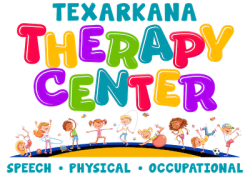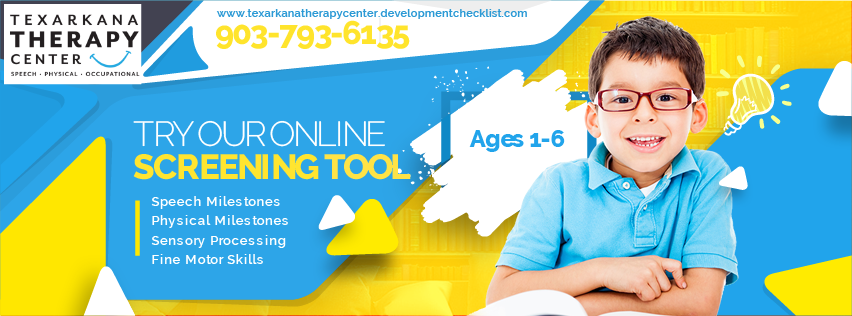Pediatric Occupational Therapy
Occupational therapists help children to acquire skills they need to perform activities or occupations of daily life. They take a holistic approach to a child’s well-being and address the physical, psychological, social, and environmental factors that may affect a child’s functioning. Occupational therapists address a variety of issues which may include but are not limited to the following: self-care skills, self-regulation and behavior, attention span and arousal levels, sensory processing skills, fine motor/visual motor skills, and handwriting.

Academic Skills
Improve academic skills such as attention, handwriting, visual memory, organizational skills, and more. For more information on our academic readiness programs, visit our specialty pages and programs,
Sensory Integration
Sensory integration teaches children to self-regulate and better adapt to their environment. OT will help children that are sensitive to sounds, movement, messy play, are clumsy, or are picky eaters.
Fine Motor Skills
OT works on improving fine motor skills so that individuals can succeed with every day tasks such as playing with toys, writing, managing fasteners, cutting with scissors, or coordination with tools and utensils.
Self-Care and Life Skills
If your child struggles with any aspect of daily self-cares your OT will be there to help them gain the confidence and independence they need. OT may address sleep, dressing, eating, grooming, social skills and more.
What is Occupational Therapy?
Oftentimes, when someone hears the word “occupation” they may think of a job, vocation, or career. However, in reality the word “occupation” has a much broader context. An occupation is a meaningful and purposeful task that an individual engages in. Examples of occupations include our ability to do self care skills such as dressing, grooming, and bathing. Other meaningful occupations are the ability to walk into a crowded store while maintaining the ability to self-regulate all of the sensory experiences coming at once to avoid overstimulation. Meaningful tasks may also include the ability to resume playing a video game, cutting with scissors, or holding a pencil with efficiency after a chronic injury. Even carrying out academic related tasks are an occupation. Without good sustained attention, self-control, and strong cognitive skills (working memory, organization skills, etc.) it is very difficult to succeed in school related tasks.
Occupational Therapists are an important part of the healthcare system because they are certified and trained on helping individuals regain independence in these meaningful occupations. Occupational Therapy takes tasks that have become difficult for an individual to complete and then assist them in regaining function through either rehabilitative or compensatory methods. In children, occupational therapy may include a variety of skills that affect a child’s ability to engage in daily routines and self-cares. Pediatric occupational therapy may address play skills, social interaction, fine motor skills, self-regulation, self-care skills (dressing, grooming, tying shoes, etc.), sleep habits, attention, and sensory systems that affect an individuals ability to independently carry out meaningful occupations. Occupational Therapy uses a combination of methods to treat a child including sensory integration, task analysis, fine motor skill development, feeding skills, environmental adaptions and caregiver education.
What can I expect with Occupational Therapy?

You will first receive a comprehensive evaluation for your child to see if they would benefit from occupational therapy. After testing, your occupational therapist will create a plan of care for your child that is unique to their needs and contain custom goals. These goals will depend on your child’s specific needs. Some common things to expect are:
- Comprehensive Report and Evaluation
Treatment Plan Unique for your Child
- Therapeutic Games
“Just Right Challenge” for your child
Peer Interaction
One-on-One Interactions with Therapist
Does my Child Need Occupational Therapy?
If you are concerned with your child’s ability to carry out self-cares, academic related tasks, sensory processing, or fine-motor skills- we encourage you to speak with your pediatrician or schedule an evaluation for occupational therapy. We do offer a free online screening tool for ages 1-6 for parents to check that their child is on target with all of their key milestones. After you complete your screener you will receive a free home program to implement with your child at home. If your child continues to struggle with an area of development, act early and reach out to us.
Have more questions? Check out our other departments
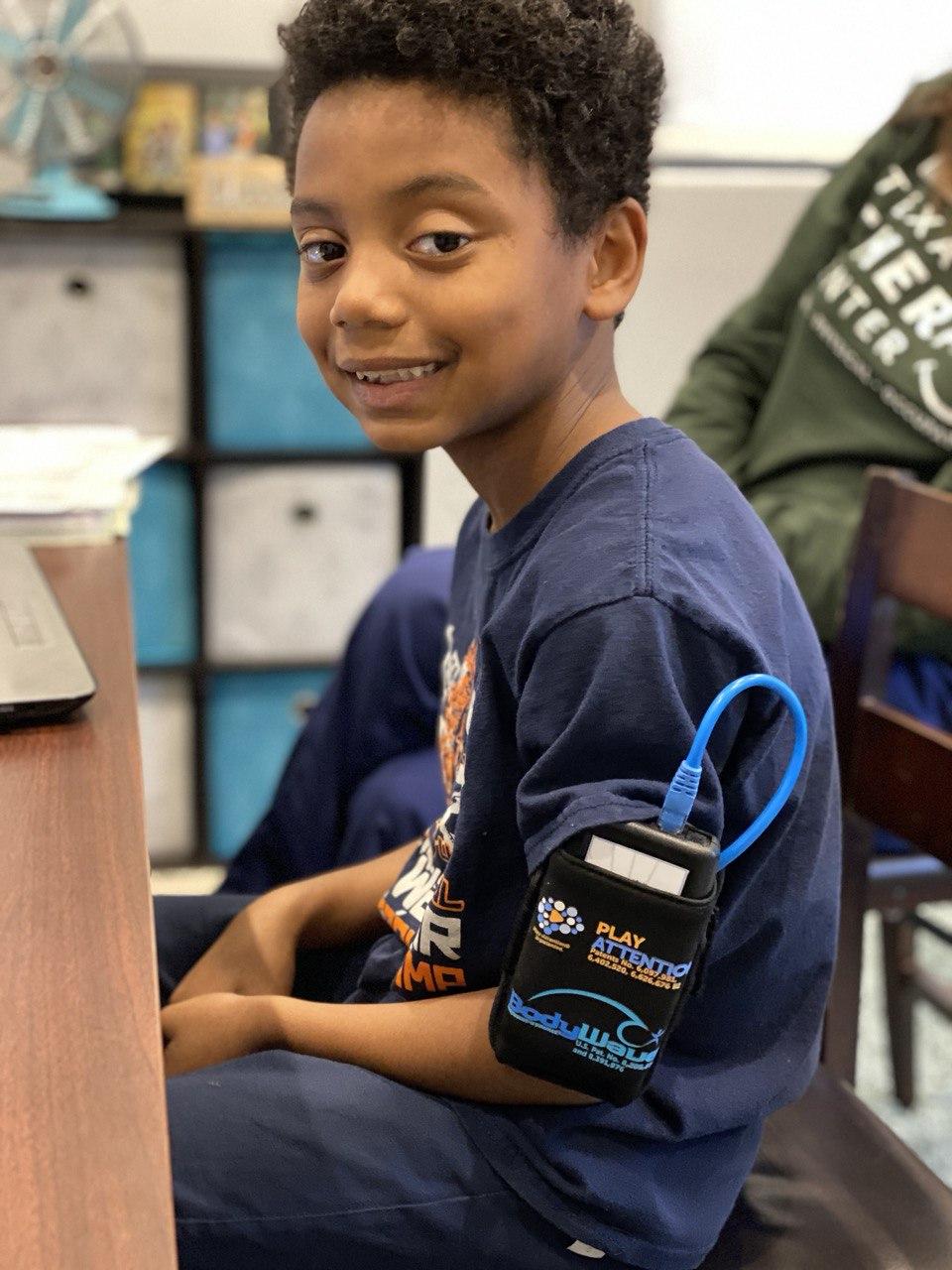
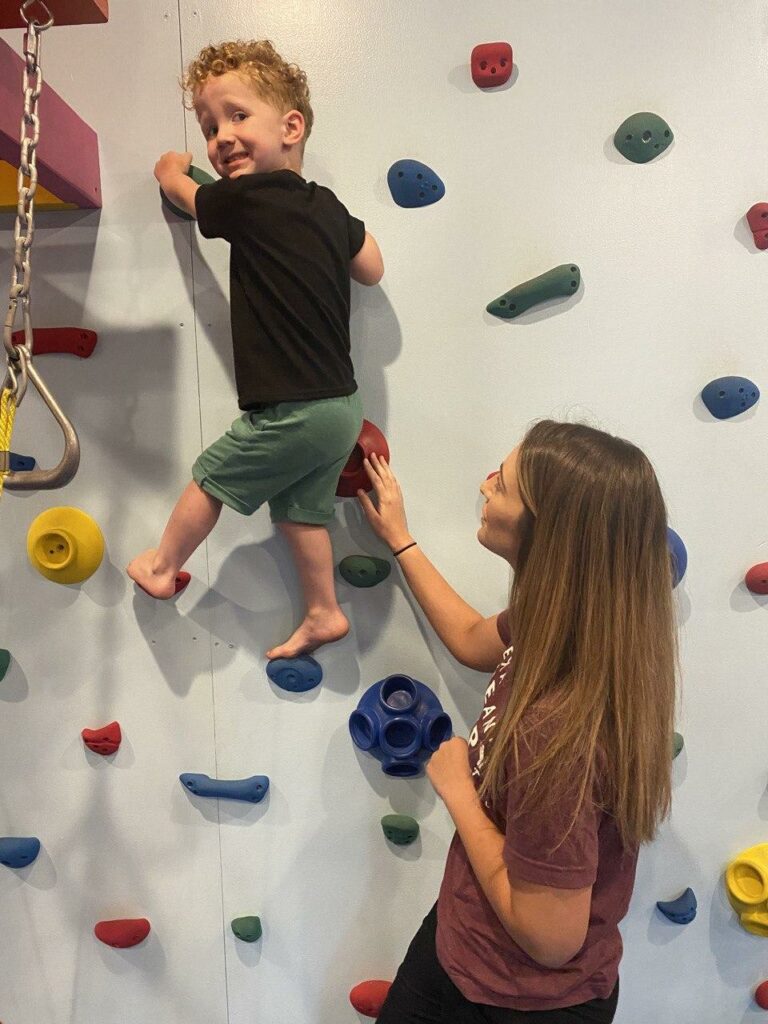

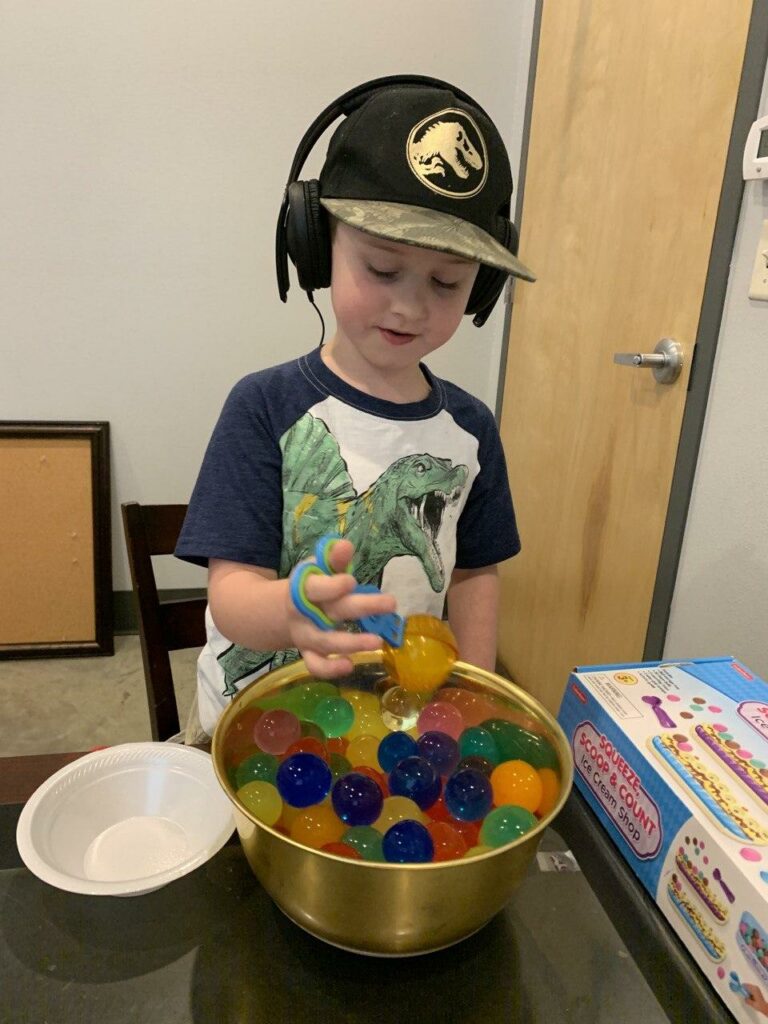
Get Started at Texarkana Therapy Center
Try our Free Online Screening Tool
Previous Story
Physical Therapy
Next Story
